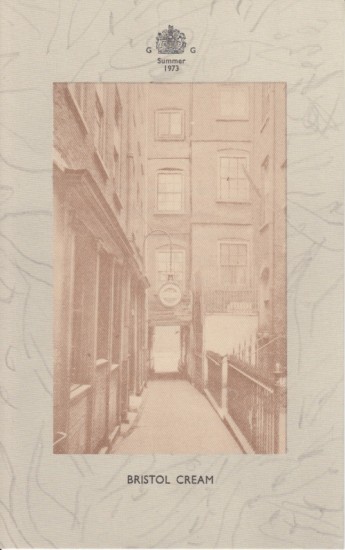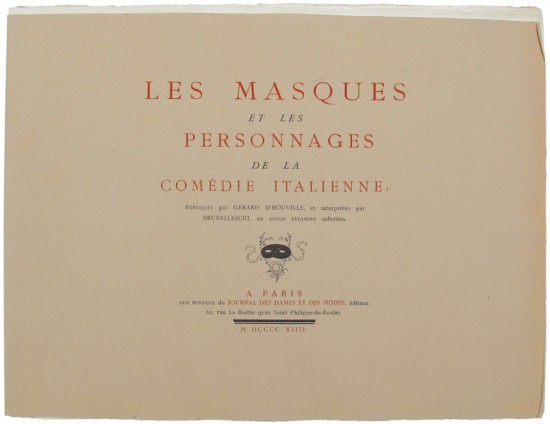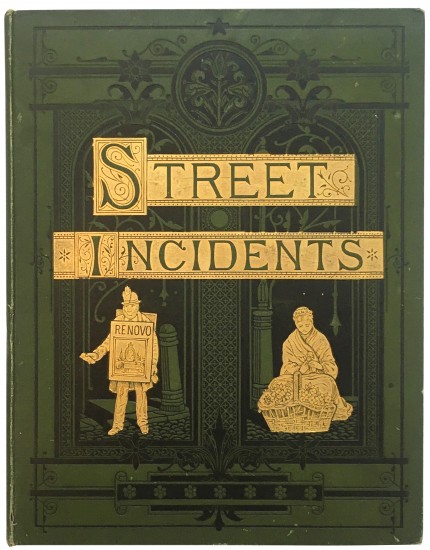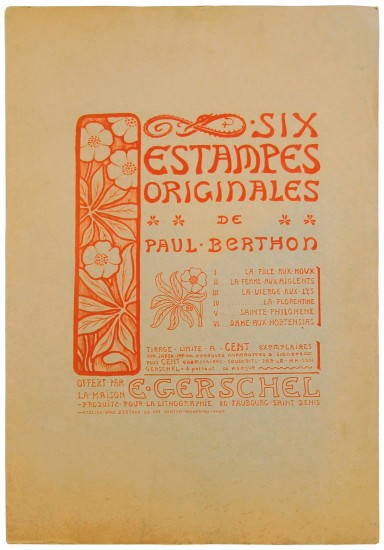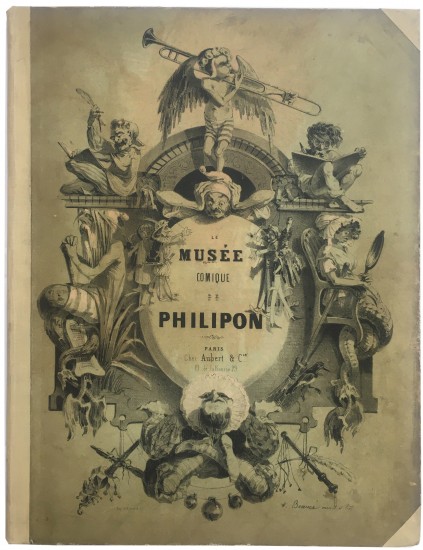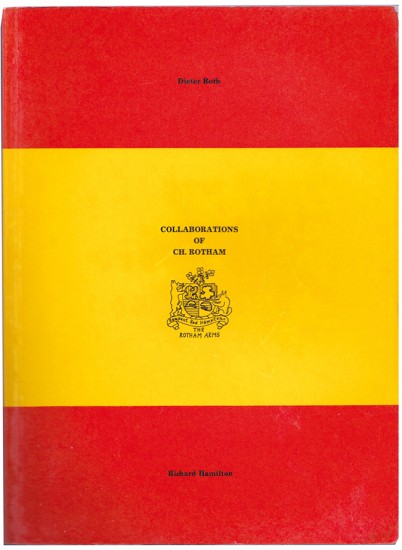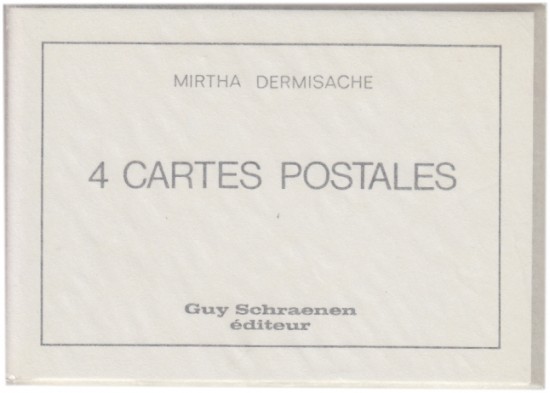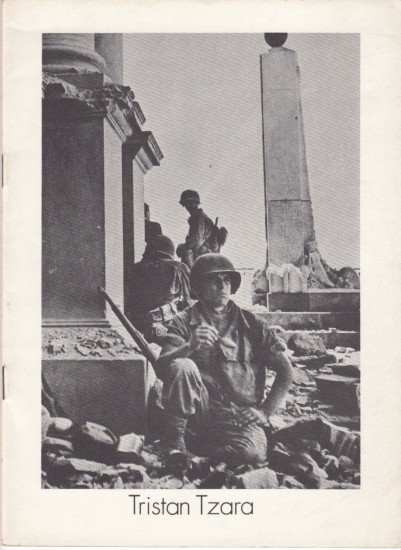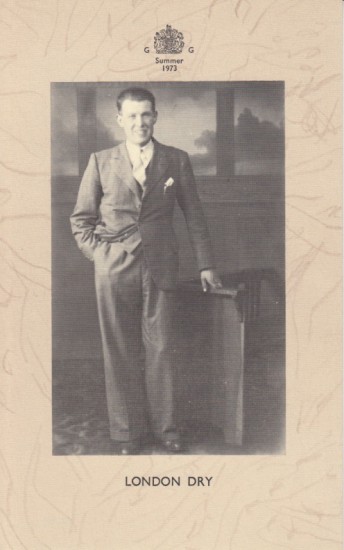Traité de la Langue Arabe Vulgaire. (Ahsan al-nakhb fi ma'rifat lisan al-Arab)
Tantavy, Mohammed Ayyad, El-
Leipzig. A l'Imprimerie de Guillaume Vogel Fils. 1848
Sold
First edition of Al-Tantavy's Arabic grammar with a double-presentation to Maximilian, Duke of Bavaria, in Arabic calligraphy within a decorative illuminated frame, and in French.
The presentation in French - on the first blank leaf in Western format - reads as follows: 'A Son Altesse Royale / Le Duc Maximilien de Bavière. / Monseigneur / L'auteur ose presenter un exem / plaire de son ouvrage à Votre Altesse / Royale, par Mons. de Mayr, qui avait le bonheur d'accompagner Votre Altesse / Royale dans le voyage, où il devait avoir / l'honneur de lui être présenté en 1838 / par son Excellence le Docteur Pruner-Bey. / Agréer, Monseigneur, les respects de Votre / très-humble serviteur / Sheikh Muh. Tantavy. / St. Petersbourg / 1853.' The illuminated calligraphic presentation in Arabic - on the first blank leaf in Arab format - is also to Maximilian from Al-Tantavy.
Al-Tantavy's grammar was conceived as a useful tool for the traveller and the scholar and is directed particularly at the spoken language as opposed to literary or Koranic Arabic, which as Al-Tantavy makes clear, is spoken in Paradise or by pedants. Al-Tantavy's Preface begins - reading in the Western direction from left to right in French - with useful distinctions between the written and spoken languages. The reader must thereafter begin the book in the Arabic direction (i.e. right to left) where Al-Tantavy begins with the introduction of the definite article, the adjective and other parts of speech. Useful examples of aphorisms, helpful phrases, examples and sample letters and addresses are also included before the conclusion of the work with longer quotations from literature and song.
Al-Tantavy (1810 - 1861), a noted scholar and collector, had a literary upbringing in Egypt, studying at Al-Azhar and with the poet Hasan al-Attar, before turning to teaching. As his reputation spread in Europe (he had a number of European pupils including E. W. Lane) he was summoned to St. Petersburg to teach Arabic at the Institut des Langues Orientales. In 1848 - the year of European revolution and the publication of this volume - he was appointed Extraordinary Professor. He remained in St. Petersburg, where he is buried in the Tatar cemetery, until his death in 1861.
The presentation in French - on the first blank leaf in Western format - reads as follows: 'A Son Altesse Royale / Le Duc Maximilien de Bavière. / Monseigneur / L'auteur ose presenter un exem / plaire de son ouvrage à Votre Altesse / Royale, par Mons. de Mayr, qui avait le bonheur d'accompagner Votre Altesse / Royale dans le voyage, où il devait avoir / l'honneur de lui être présenté en 1838 / par son Excellence le Docteur Pruner-Bey. / Agréer, Monseigneur, les respects de Votre / très-humble serviteur / Sheikh Muh. Tantavy. / St. Petersbourg / 1853.' The illuminated calligraphic presentation in Arabic - on the first blank leaf in Arab format - is also to Maximilian from Al-Tantavy.
Al-Tantavy's grammar was conceived as a useful tool for the traveller and the scholar and is directed particularly at the spoken language as opposed to literary or Koranic Arabic, which as Al-Tantavy makes clear, is spoken in Paradise or by pedants. Al-Tantavy's Preface begins - reading in the Western direction from left to right in French - with useful distinctions between the written and spoken languages. The reader must thereafter begin the book in the Arabic direction (i.e. right to left) where Al-Tantavy begins with the introduction of the definite article, the adjective and other parts of speech. Useful examples of aphorisms, helpful phrases, examples and sample letters and addresses are also included before the conclusion of the work with longer quotations from literature and song.
Al-Tantavy (1810 - 1861), a noted scholar and collector, had a literary upbringing in Egypt, studying at Al-Azhar and with the poet Hasan al-Attar, before turning to teaching. As his reputation spread in Europe (he had a number of European pupils including E. W. Lane) he was summoned to St. Petersburg to teach Arabic at the Institut des Langues Orientales. In 1848 - the year of European revolution and the publication of this volume - he was appointed Extraordinary Professor. He remained in St. Petersburg, where he is buried in the Tatar cemetery, until his death in 1861.
pp. xxv, 231, (viii) - Arab and Western pagination. Title-pages in Arabic and French. 8vo. Original full green buckram, boards ruled in gilt to surround elaborate gilt decorative schemes heightened in green and red, gilt decoration to spine, printed endpapers, pink binder's ticket to front free endpaper verso: 'F. J. Crusius / in Lepzig', red patterned edges.
#38413


